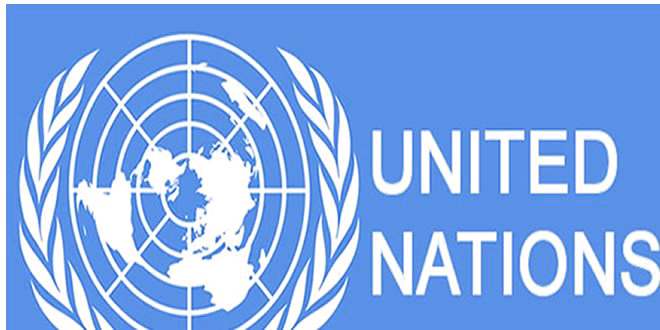The United Nations is currently facing a significant financial shortfall due to delayed payments from member states, UN Secretary-General António Guterres disclosed during a meeting with Member States in New York on Monday.
Guterres called for urgent and comprehensive reforms aimed at streamlining operations and cutting costs to improve the global body’s functionality amid rising challenges.
According to figures presented by the UN Controller to the General Assembly’s Fifth Committee, only $1.8 billion of the expected $3.5 billion for the 2025 regular budget has been received—amounting to a funding gap of nearly 50 percent.
As of April 30, unpaid dues totaled $2.4 billion. The United States is the largest debtor, owing approximately $1.5 billion, followed by China with $597 million. Other countries with significant outstanding balances include Russia ($72 million), Saudi Arabia ($42 million), Mexico ($38 million), and Venezuela ($38 million), with an additional $137 million pending from various nations.
Beyond the regular budget, the UN’s peacekeeping operations, which run on a July-to-June fiscal year, are also underfunded, with $2.7 billion in unpaid contributions, including arrears. The organization’s international tribunals are owed another $79 million.
“These are trying times,” Guterres said. “But they also come with opportunities and responsibilities. The United Nations’ role has never been more essential.”
He unveiled initial steps toward reform, focusing on enhancing efficiency in peace, development, and human rights programs. Proposed changes will be reflected in the revised 2026 budget, due by September 2025, while deeper reforms will follow in 2027.
The Secretary-General noted that departments responsible for political and peacekeeping efforts may see staffing cuts of up to 20 percent, particularly by eliminating overlapping responsibilities. This benchmark could serve as a model for broader downsizing across the organization, while still considering the unique needs of each department.
While the restructuring may incur short-term costs—such as relocating personnel or offering severance packages—Guterres emphasized the long-term financial benefits of shifting roles away from expensive cities. Offices in New York and Geneva have been asked to assess whether some functions can be downsized, moved to more affordable locations, or dissolved.
An initial internal review has already uncovered more than 3,600 individual mandates within the UN Secretariat, with a full-scale audit underway to identify further opportunities for cost-cutting and operational improvement.










Leave a Reply